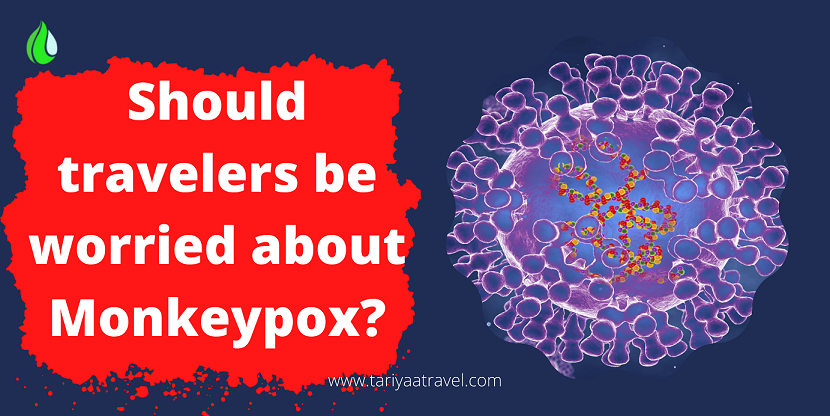Mailing List
Sign up for our mailing list to get latest updates and offers.
The World Health Organization (WHO) is closely monitoring monkeypox, a rare viral disease previously confined to Africa after a spate of recent cases on other continents.
Cases of monkeypox have been found in Australia, Belgium, Canada, France, Germany, Italy, the Netherlands, Portugal, Spain, Sweden, the UK and the United States. Between May 13 and May 21, 92 people were confirmed with the virus worldwide, but so far no deaths have been reported.
It is disconcerting that these reported cases have no connection to travel to endemic areas, good news for the tourism industry and travelers who have planned the trip. Studies show that most of these cases involve men who have sex with men seeking treatment in primary care and sexual health clinics.
As of 21 May 2022, WHO has identified 92 confirmed cases, and 28 suspected cases of monkeypox.
Photo Credit: World Health Organization
Characterized by a large, patchy rash that usually starts on the face and eventually spreads to all parts of the body, the disease is usually transmitted from one person to another through close contact with lesions, body fluids, respiratory droplets, and contaminated materials.
Although human-to-human transmission is rare, passengers are still advised to exercise caution, maintain personal hygiene, avoid contact with wildlife and refrain from eating wild animal meat. WHO has identified the following symptoms of monkeypox infection:
• Headache
• Temperature increase above 38.5°C
• Swollen lymph nodes
• back pain
• Lethargy
Monkeypox is endemic in Benin, Cameroon, Central African Republic, Democratic Republic of the Congo, Gabon, Ghana (only detected in animals), Ivory Coast, Liberia, Nigeria, Republic of the Congo and Sierra Leone. Travelers returning from these endemic countries or other destinations affected by the virus are urged to see a doctor if they develop any symptoms.
Should passengers be afraid of monkeypox?
Infectious disease experts in Singapore believe that monkeypox is nothing to worry about at this time as it is far less likely to spread than SARS and Covid-19. They also note that the global spread of monkeypox may be due to the resumption of international travel.
Governments around the world have issued health messages urging passengers to take the necessary precautions, including maintaining high standards of personal hygiene and avoiding direct contact with skin lesions of infected living or dead people or animals.
Travelers should also avoid contact with wildlife such as small mammals, including rodents (rats, squirrels) and non-human primates (monkeys, monkeys). You should avoid eating wild animal meat or using African wildlife products (creams, lotions, powders).
The risk to the general public is low, but passengers should seek immediate medical attention if they develop symptoms of the disease within three weeks of returning from an area affected by monkeypox.
WHO is already working to introduce a monkeypox vaccine if available to stop the spread and protect frontline workers.
For your travel bookings, visit https://tariyaatravel.com
